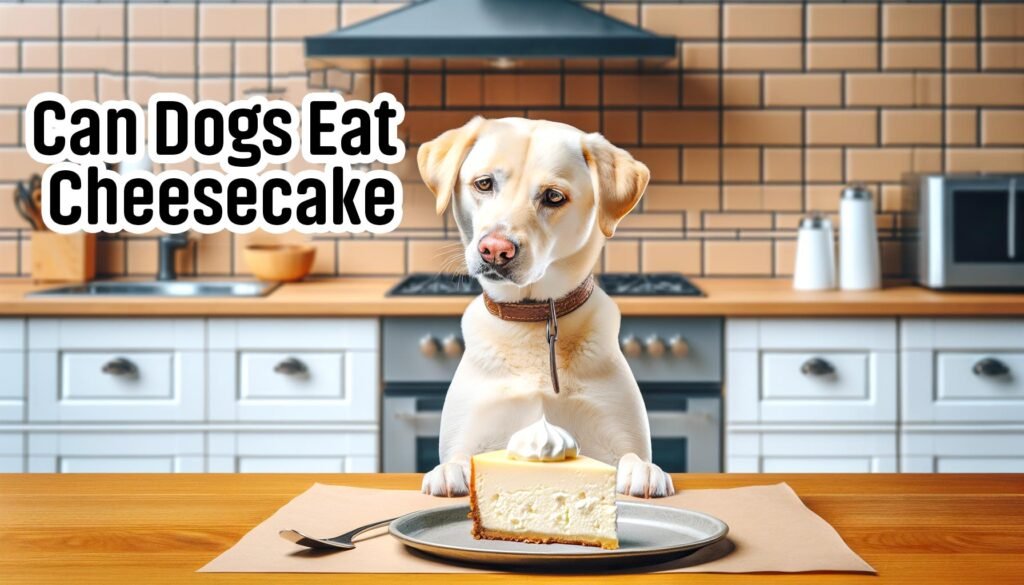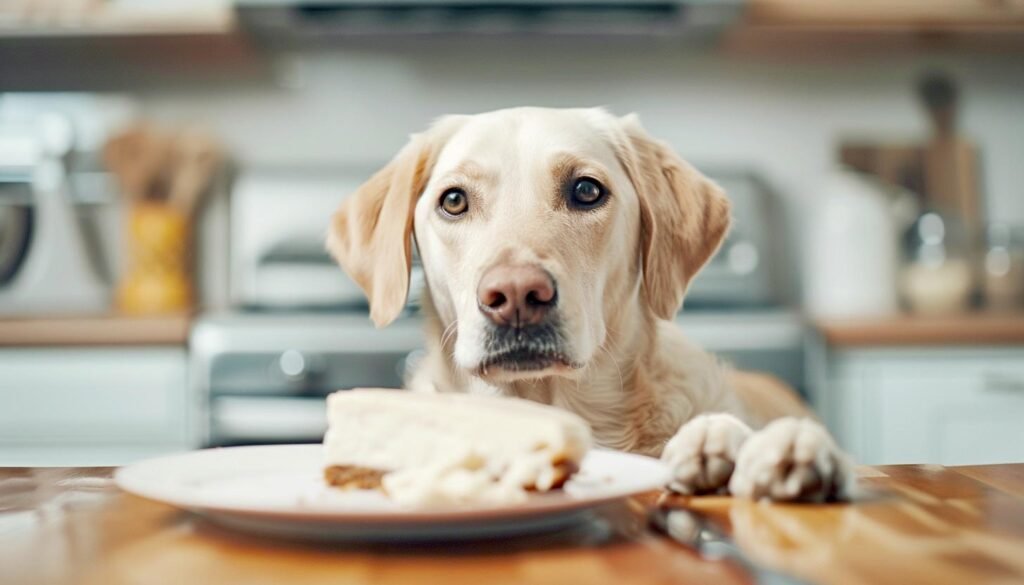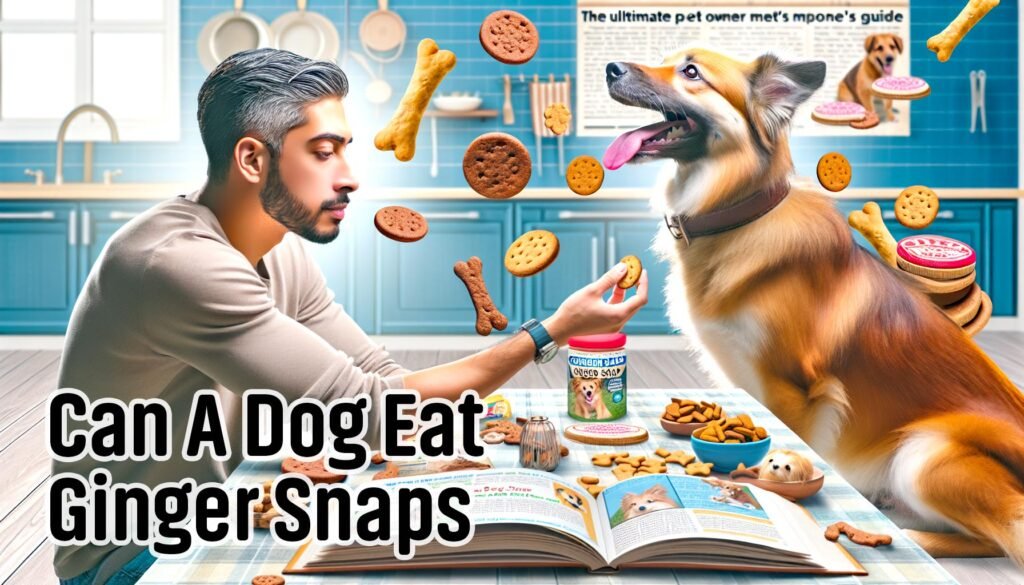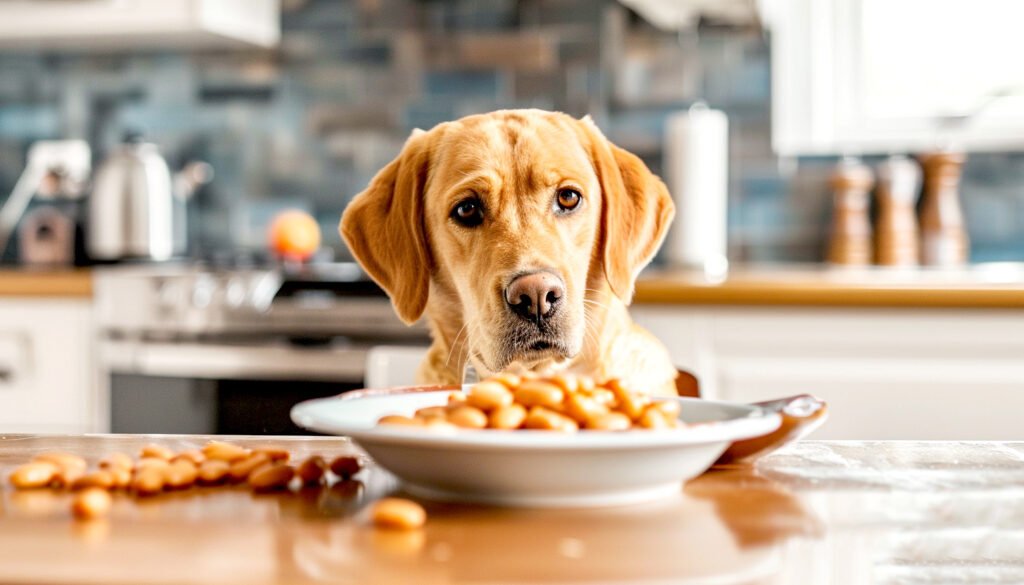Wondering, “Can dogs eat cheesecake?” This query has become increasingly common among pet owners. While dogs can indeed consume certain types of cream cheese in moderation, it’s essential to recognize that not all cheeses are beneficial for our canine friends. For instance, the high-fat content in cream cheese necessitates judicious use to avoid health issues.
Additionally, while some cheeses offer nutrients like protein and calcium, others, particularly those with added flavors such as blue cheese, can pose risks due to potentially harmful ingredients.
Discussing dairy, particularly cream cheese, and variations like cheesecake, the article will also delve into dog-specific concerns such as lactose intolerance and safer alternatives. Given the array of cheesecake flavors, from pumpkin to blueberry, it’s crucial to understand which, if any, are safe for dogs to consume.
The focus will be on sharing expert guidance and practical tips to help dog owners navigate the complexities of feeding their furry friends human food, including how to introduce new foods safely.
Contents
The Basics Of Dogs And Dairy
Understanding the relationship between dogs, dairy, and particularly cream cheese is crucial for pet owners. Here’s a closer look at the essentials:
Dairy Tolerance and Testing:
- Dairy products can occasionally be part of a dog’s diet, but moderation is key.
- Before introducing dairy, offer a small amount to see how your dog reacts, as some may have never had dairy before.
Choosing the Right Dairy:
- Opt for low-fat options like plain Greek yogurt, which are easier on a dog’s digestive system.
- Cream cheese is lower in lactose but watch out for its fat, lactose, and salt content. It’s okay in small doses but not as a regular diet staple.
- Hard cheeses like cheddar or Swiss are lower in lactose and might be better tolerated by dogs.
Lactose Intolerance and Health Risks:
- Many dogs are lactose intolerant, which means dairy can lead to discomfort or digestive issues.
- Symptoms of lactose intolerance include diarrhea, gas, and vomiting, typically appearing within 12 hours of dairy consumption.
- High-fat dairy products are linked to obesity and pancreatitis risks, while processed cheeses or those with added flavors may have too much sodium.

Can Dogs Eat Cheesecake? Understanding the Risks
While cheesecake might seem like a harmless treat to share with your furry friend, it’s essential to understand the potential risks involved. Here’s a breakdown of why moderation and caution are key:
Ingredients to Watch Out For:
- Sugar and Fat: Consuming cheesecake, with its high sugar and fat content, may contribute to obesity and other health issues in dogs.
- Xylitol: This artificial sweetener is deadly to dogs, causing hypoglycemia, seizures, and even death.
- Dairy: High-fat dairy can trigger pancreatitis, and lactose can cause digestive issues for lactose-intolerant dogs.
- Chocolate: Theobromine in chocolate cheesecakes can be toxic, causing vomiting, diarrhea, seizures, or death.
Health Implications:
- Small amounts of cheesecake might not immediately harm dogs, but excessive consumption can lead to hospitalization.
- Symptoms such as gastrointestinal upset, increased thirst, and urination might occur, especially with chocolate cheesecake.
Moderation and Alternatives:
- Only give cheesecake in very small amounts, if at all, and ensure it does not contain harmful ingredients like xylitol or chocolate.
- Consider dog-specific treats that are low in calories and made from healthy ingredients as safer alternatives.
This information underscores the importance of being cautious with human foods and opting for healthier, dog-friendly options.
Lactose Intolerance in Dogs
Lactose intolerance in dogs can manifest in various ways, leading to discomfort and potential health issues. Recognizing the symptoms is crucial for pet owners:
Common Symptoms:
- Diarrhea and vomiting
- Lack of appetite
- Bloating and flatulence
- Toileting accidents, abdominal pain, dehydration, excessive thirst, weakness, and weight loss
Distinguishing between lactose intolerance and a dairy allergy is important, as the latter involves an immune response and can cause additional symptoms like skin irritation and difficulty breathing. An elimination diet, under a vet’s guidance, can help identify lactose intolerance. This involves removing dairy from the dog’s diet and monitoring for symptom improvement.
Management and Alternatives:
- Eliminate all dairy products
- Seek veterinary care for persistent symptoms
- Consider lactose-free alternatives like lactose-free yogurt for probiotic benefits
- Safe cheese options include Himalayan Cheese, Cottage cheese, and low-fat varieties like Mozzarella, Swiss, and Cheddar
Treatment primarily involves dietary adjustments, with lactose-free and dairy alternative products playing a key role.
Safe Alternatives to Cheesecake for Dogs
For pet owners looking to treat their dogs with a cheesecake-like experience without the risks, several safe and nutritious alternatives exist. These recipes ensure that dogs can enjoy a special treat while maintaining a healthy diet.
Dog Cheesecake Treats Recipe:
Crust: Combine rolled oats, unsweetened shredded coconut, coconut oil, an egg, and a dash of cinnamon and honey for sweetness.
Cheesecake Filling: Blend low-fat cottage cheese with plain low-fat Greek yogurt, a hint of vanilla extract, light coconut milk, an egg, and all-purpose flour to bind the mixture.
High-Protein Cheesecake Treats for Dogs:
Crust: Mix rolled oats, unsweetened shredded coconut, an egg, cinnamon, honey, and whole wheat flour for added nutrition.
Cheesecake Filling: Use low-fat cottage cheese, plain low-fat Greek yogurt, vanilla extract, light coconut milk, an egg, and all-purpose flour for a protein-packed treat.
Raspberry Cheesecake for Dogs:
Ingredients: A simple blend of cheese, raspberries, and optional Greek yogurt creates a fruity, dog-safe cheesecake alternative. This recipe is particularly popular on social media for its simplicity and dog-approved taste.
These alternatives provide a way to include your dog in special occasions or treat them without compromising their health.

How to Safely Introduce New Foods to Your Dog
When introducing new foods to your dog’s diet, especially items like cream cheese or variations such as cheesecake, it’s crucial to proceed with caution and awareness. Here’s a step-by-step guide to ensure a safe and smooth dietary transition for your furry friend:
Initial Introduction:
- Day 1: Start with 10% new food mixed with 90% of the old food.
- Day 2: Increase to 20% new food and decrease to 80% old food.
- Day 3-4: Follow with a 50% blend of each food.Day 5-7: Transition to 75% new food and 25% old food.
- Day 8-10: Completely switch to the new food.
Monitoring and Adjusting:
- Keep an eye out for any signs of stomach upset, such as diarrhea or vomiting.
- If adverse reactions occur, slow down the transition, extend it over a longer period, and consult a veterinarian.
Special Considerations:
- For dogs with health issues or dietary restrictions, always consult a veterinarian before introducing new foods like cheese.
- Consider the dog’s age, weight, activity levels, and health conditions when deciding on dietary changes.
This structured approach helps minimize the risk of gastrointestinal distress while ensuring your dog can safely enjoy new dietary additions.
Professional Advice on Feeding Dogs Human Food
When considering feeding dog’s human food, especially items like cream cheese, it’s essential to heed professional advice to ensure the health and safety of your furry friend:
Cream Cheese and Dogs:
- Cream cheese can be a safe treat for dogs in moderation. However, it’s not recommended for dogs with lactose intolerance or a history of pancreatitis due to its fat, lactose, and salt content.
- Always inspect the cream cheese ingredients to avoid toxic elements like garlic or chives. Treats, including cream cheese, should not exceed 10% of a dog’s daily caloric intake.
General Guidelines for Feeding Dogs Human Food:
Toxic Foods: Be aware of foods that are toxic to dogs, such as chocolate, grapes, raisins, onions, garlic, and items containing xylitol. These can cause serious health issues ranging from digestive problems to kidney failure and even death.
Safe Human Foods: Some human foods are safe and can be beneficial for dogs, like plain, cooked meats (without bones), certain fruits and vegetables, and specific nuts in moderation. Always ensure these foods are prepared without harmful additives or spices.
Emergency Preparedness: Keep contact information for your local vet, the nearest emergency clinic, and the ASPCA Animal Poison Control Center readily accessible in case your dog consumes something harmful.
Adhering to these guidelines helps maintain your dog’s health while allowing them to enjoy a variety of safe human foods.
Conclusion: Can Dogs Eat Cheesecake?
Throughout our exploration of whether dogs can safely consume cream cheese and cheesecake, we’ve underscored the paramount importance of moderation and vigilance. Opting for low-fat or lactose-free dairy options, recognizing the signs of lactose intolerance, and identifying safer alternatives stand out as crucial steps for ensuring our furry friend’s wellness.
We’ve established that while some dairy products can be introduced into dogs’ diets carefully, ingredients commonly found in cheesecake, such as high-fat content, and sweeteners like xylitol, and chocolate, present significant risks and must be avoided to prevent health complications.
Reflecting on the broader implications, this discussion not only enlightens pet owners about the potential hazards of sharing human treats with dogs but also advocates for a mindful approach to feeding pets. By choosing dog-friendly treats and cautiously introducing new foods, we support our dogs’ health and happiness.
The journey through understanding the safe dietary practices for dogs reminds us of the broader responsibility we carry as pet owners—to nurture and protect these loyal companions by making informed choices about their diet. Thus, embracing professional advice and adhering to recommended guidelines will ensure that the bond we share with our furry friends remains strong and healthy.
FAQs:
Q: Can my dog eat a small portion of cheesecake safely?
While a tiny amount of cheesecake might not immediately harm your dog, feeding them more than a small piece could potentially result in a trip to the vet.
Q: Is cream cheese safe for my dog to consume?
Dogs can consume a modest amount of cream cheese without significant issues. It does contain a lot of fat and calories, so it should be given in moderation. Be cautious as some cream cheeses contain ingredients like chives, onions, and garlic, which are harmful to dogs.
Q: Is it safe for my dog to eat imitation cheese products?
Fake cheeses, such as vegan alternatives often made from coconut oil and cashew nuts, can be safe for dogs. Always inspect the ingredient list for any toxic substances or allergens before offering any to your pet.
Q: Can I give my dog Neufchatel cheese?
Feeding your dog cheese like Neufchatel is generally safe in small quantities. However, cheese is rich in fat, and overfeeding can cause weight issues or even lead to pancreatitis, which is a severe and potentially deadly condition in dogs.
You can also read this post: Can Dogs Eat Ginger Snaps?



